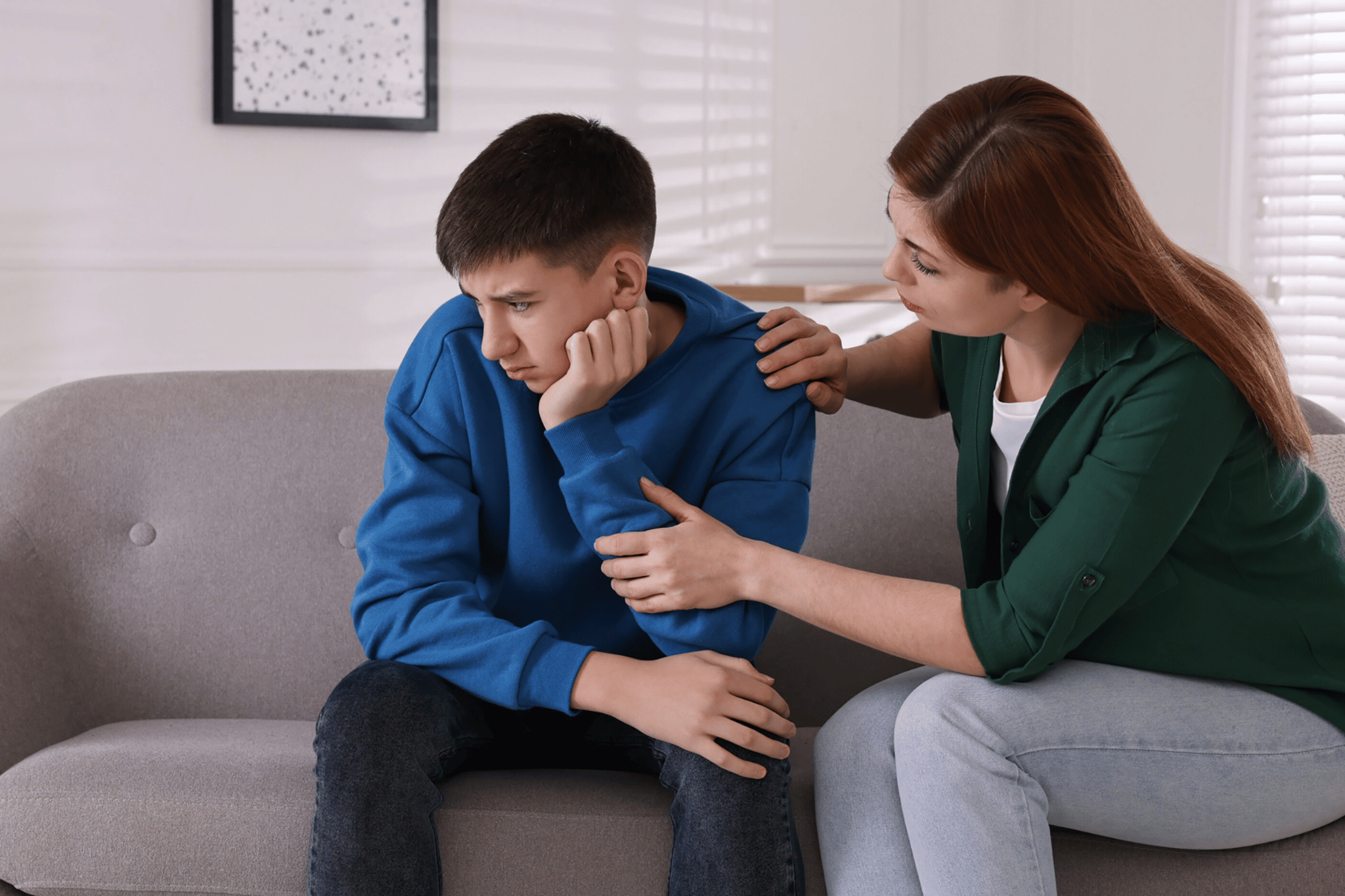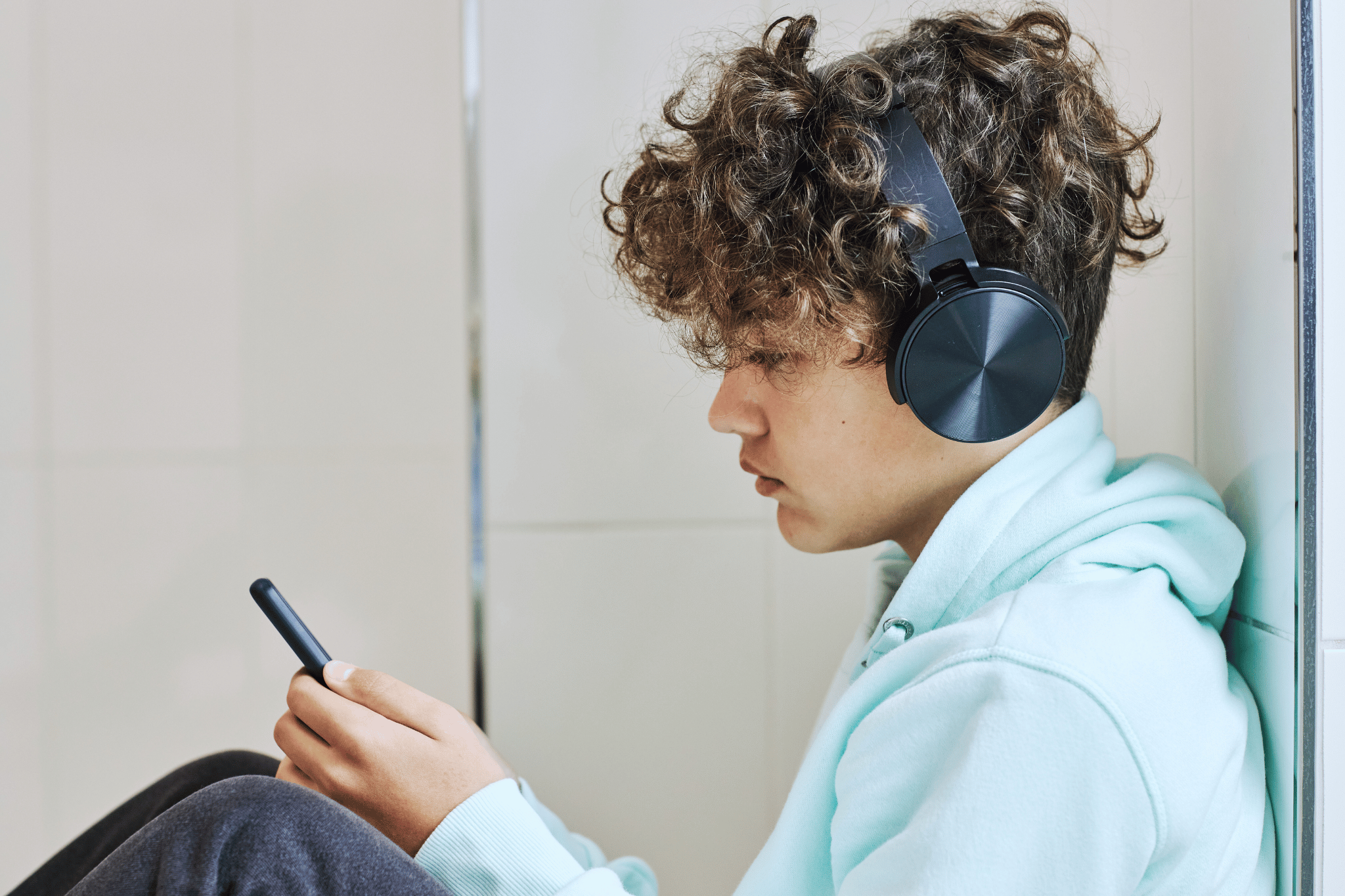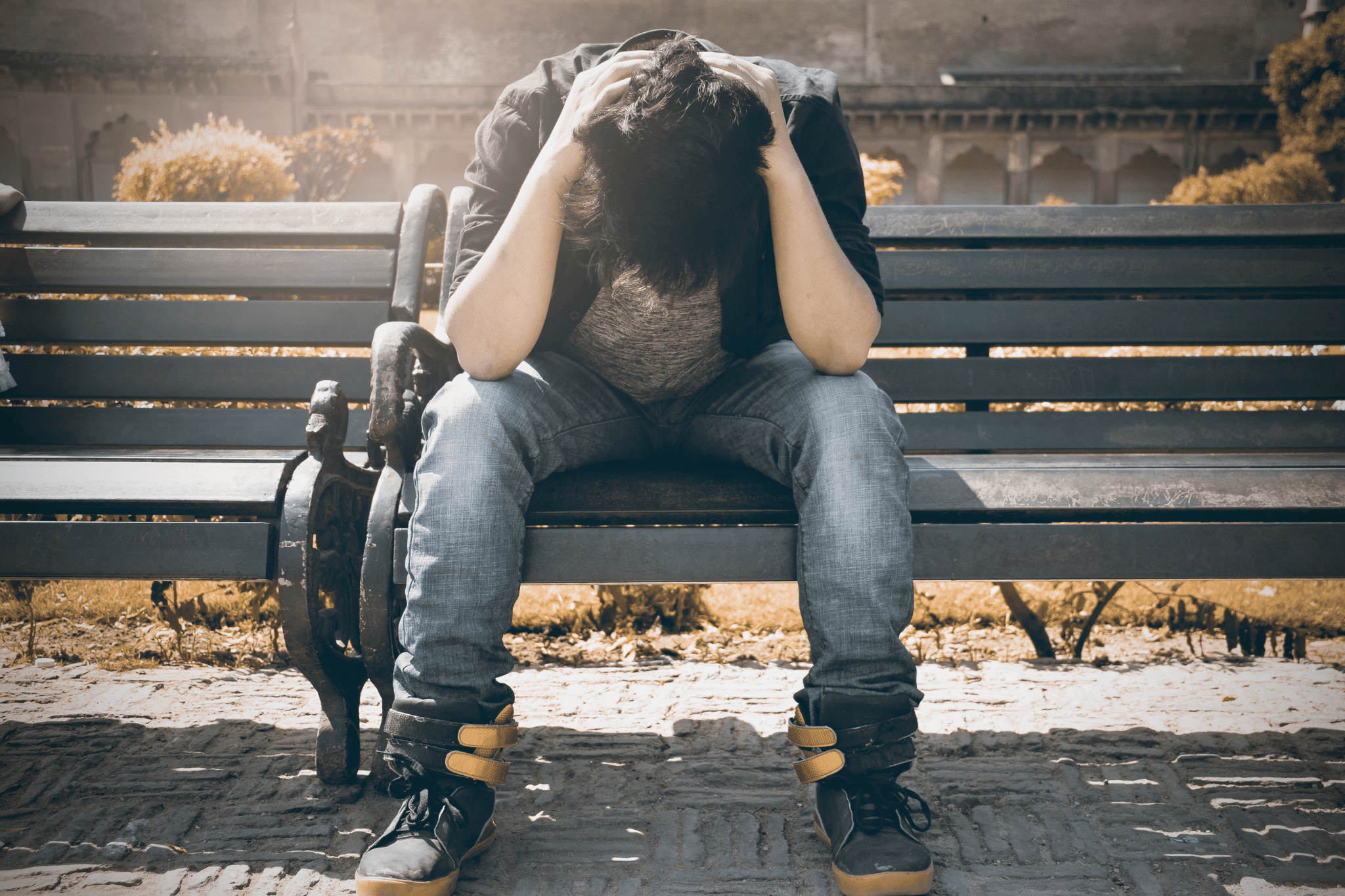Signs of Teen Depression
Teen depression is a common but serious mental disease that affects how adolescents think, feel, and act. While occasional sadness is a normal part of growing up, depression involves long-lasting changes in mood, behavior, and emotional health.
This condition can disrupt school, friendship, and family life. It may lower self-esteem and interfere with daily routines. Over time, it can also increase the risk of substance abuse, alcohol use, addiction, or emotional relapse. Early recognition is critical. Parents, teachers, and health professionals should learn the signs of depression and take steps to get teens the treatment they need.
Symptoms
Symptoms of depression in teens vary from one patient to another, but many show signs of sadness, fatigue, or social withdrawal. Some lose interest in school or stop talking with friends.
Teens may experience frequent insomnia, changes in appetite, or physical pain such as headaches and stomachaches. These health issues often don’t respond to typical remedies or alternative medicine, pointing instead to emotional or psychological distress. A licensed physician or health care provider can help determine if these symptoms relate to a larger mental health concern.
Other signs may include irritability, lack of motivation, or restlessness. Teens with bipolar disorder may also have episodes of mania, followed by deep sadness.

Emotional Changes
Depressed teens often show emotional instability. They may feel hopeless, empty, or overwhelmed by stress. Some withdraw from family, friends, and activities they used to enjoy.
Others express anger, frustration, or sudden emotional outbursts that seem unrelated to the situation. These reactions may hide feelings of low self-worth, guilt, or shame. Crying spells or emotional numbness are also common. Teens experiencing grief may struggle to return to normal functioning.
Feelings of worthlessness may escalate into thoughts of self-harm or suicide. It’s important to watch for warning signs and contact a health professional or use resources like the 988 Lifeline when there are concerns. The Food and Drug Administration has approved certain antidepressants for teen use, but these medications must be prescribed and monitored by a physician.
Screen time and social media can also influence a teen’s emotional state, leading to increased feelings of isolation or comparison. These emotional and behavioral changes may appear gradually or emerge quickly after a stressful event.
If you notice these signs in your teen, don’t wait. Early therapy and professional depression treatment can help manage symptoms and prevent the situation from becoming more severe.
Behavioral Changes
Behavioral warning signs include a drop in school performance, loss of interest in hobbies, and increased screen time. Some teens begin using alcohol or drugs as a coping method. Others stop caring for their hygiene or isolate themselves from family and friends.
Sudden changes in behavior—such as skipping school, reckless driving, or self-harm—should not be ignored. These may signal an urgent need for intervention.
What’s Normal and What’s Not
Teen years bring emotional ups and downs. But depression is different. Typical moodiness is short-term and tied to specific events. Depression is persistent and affects all areas of life.
If your teen’s sleep, eating habits, or motivation change significantly, it may not be normal. Constant fatigue, low self-esteem, and withdrawal from social support are signs that go beyond typical adolescent changes.
When to See a Doctor
It’s time to involve a health professional if your teen’s symptoms last longer than two weeks or interfere with daily activities. Teens may resist help, but depression is a disease—not a personal weakness.
Schedule a visit with a physician or mental health provider. They can perform a clinical screening and suggest options like therapy, medication, or a referral to a clinic for specialized care.
If your teen talks about death or seems at risk of suicide, call 988 or visit the nearest emergency room right away. Suicide prevention resources can make the difference in a crisis.

Is My Teen Depressed?
Many parents wonder if their child’s sadness is just a phase. Look for signs like negative self-talk, social withdrawal, changes in sleep, or refusing to participate in family events.
Teens may also say they feel like a burden or that life has no point. These thoughts should be taken seriously. A depression test for teenagers or evaluation by a licensed professional can offer clarity.
Depression in Teens vs. Adults
Depression looks different in teens than in adults. Adults often feel tired, sad, or unmotivated. Teens, on the other hand, may become angry, act out, or stop engaging in everyday tasks.
They may also experience more physical symptoms, like fatigue or insomnia, and be less likely to talk about their emotions. Teens might not recognize that they’re depressed. They might describe feeling “numb” or disconnected instead.
Because teens process emotions differently, their treatment plans often involve targeted therapy, family support, and sometimes medication under close monitoring.
Suicide Warning Signs in Depressed Teens
Depression can lead to suicidal thoughts or actions, especially without early treatment. Warning signs include talking about death, giving away belongings, or suddenly becoming calm after a period of distress.
Other red flags include social isolation, increased risk-taking, or expressing a desire to disappear. Teens may also post troubling content online or talk about feeling hopeless.
Any of these signs should be treated as a medical emergency. Immediate help is available through the 988 Lifeline or local crisis services.
Suicide Warning Signs to Watch For
Some teens keep their pain hidden. That’s why it’s important to watch for signs like:
Refusing to go to school
Cutting off communication with friends or family
Talking about being a burden
Expressing constant worry or fear
Engaging in self-harm or violent behavior
Showing no interest in future plans
Parents and caregivers must act quickly if they notice these signs. Delaying support can increase the risk of suicide or long-term emotional damage.
Causes of Teen Depression
There is no single cause of depression. It is a complex disease influenced by many factors. Teens with a parent or close family member who has experienced depression, bipolar disorder, or anxiety are at higher risk. These conditions can affect how the brain processes emotions and stress.
Other common causes include bullying, violence, academic pressure, social rejection, or family conflict. Relationship problems and anger at home or school can increase emotional distress. Sudden changes in hormone levels or traumatic events may also trigger depression in adolescents.
Chronic stress, substance abuse, or addiction can worsen symptoms. Teens who lack social support may feel isolated and helpless. Some may turn to alcohol or risky behaviors to cope, increasing their risk for emotional harm and long-term mental health issues.
In some cases, physical health problems contribute. Conditions like thyroid disorders or side effects from medication—including certain antidepressants—can affect mood and behavior. A licensed health professional can help identify these factors and recommend appropriate treatment options, which may include therapy, lifestyle changes, or support from a health care provider.

Depression and Social Media Use
Social media plays a large role in teen life. While it can offer connection, it can also harm mental health. Teens may compare themselves to unrealistic images, feel excluded, or become victims of cyberbullying—all of which can intensify feelings of sadness or being depressed.
Excessive screen time disrupts sleep and reduces in-person interaction, leading to social isolation and emotional strain. Teens who are already struggling with depression may find that constant online exposure worsens their symptoms, particularly if they are sensitive to negative feedback or exclusion.
To reduce harm, it’s important to set limits on screen time, encourage real-life relationships, and talk openly about online experiences. Parents can also support their teen by helping them filter out harmful content and promoting healthy online habits. Early intervention and ongoing therapy can prevent long-term mental and emotional damage.
Support for Teen Depression in Orange County
At Adolescent Mental Health, we provide expert care for adolescents facing depression, substance abuse, or co-occurring conditions like bipolar disorder. Our programs include personalized therapy, psychiatric evaluations, and full-family support to promote healing and resilience.
Our team includes licensed health professionals with experience in treating teen-specific emotional and behavioral concerns. We offer safe, evidence-based care using approved interventions—including those recognized by the Food and Drug Administration.
Whether your teen is overwhelmed, irritable, disconnected, or showing signs of being depressed, we’re here to help. Contact us today to schedule an assessment. We’ll work together to create a treatment plan that meets your teen’s needs and supports your entire family.
Frequently Asked Questions About Teen Depression
1. What are early warning signs that my teen may be depressed?
Early signs often include changes in mood, behavior, and daily routines. Your teen may seem irritable, tired, or uninterested in things they used to enjoy. Other signs include poor sleep, changes in appetite, frequent anger, and withdrawal from family or friendship. If these symptoms last more than two weeks, it may indicate depression.
2. How does depression in teens differ from depression in adults?
While both groups experience sadness and low energy, teens may express depression through anger, risk-taking, or avoiding school and social events. They may also complain of pain, such as headaches or stomachaches, more often than adults. Teens may not always recognize they’re feeling depressed, which makes it important for parents and health professionals to stay alert to changes.
3. What causes teen depression?
Many factors contribute to teen depression, including genetics, substance abuse, trauma, violence, bullying, and pressure from school or social media. Teens with a family history of bipolar disorder, depression, or anxiety may be more likely to experience symptoms. Medication side effects, hormonal shifts, or lack of social support can also play a role.
4. What treatment options are available for teens with depression?
Depression treatment often includes therapy, such as cognitive behavioral therapy, and sometimes antidepressants approved by the Food and Drug Administration. A licensed health care provider or physician will help determine the best plan. Involving the whole family and building emotional support systems can greatly improve outcomes. Early intervention supports long-term recovery and suicide prevention.









